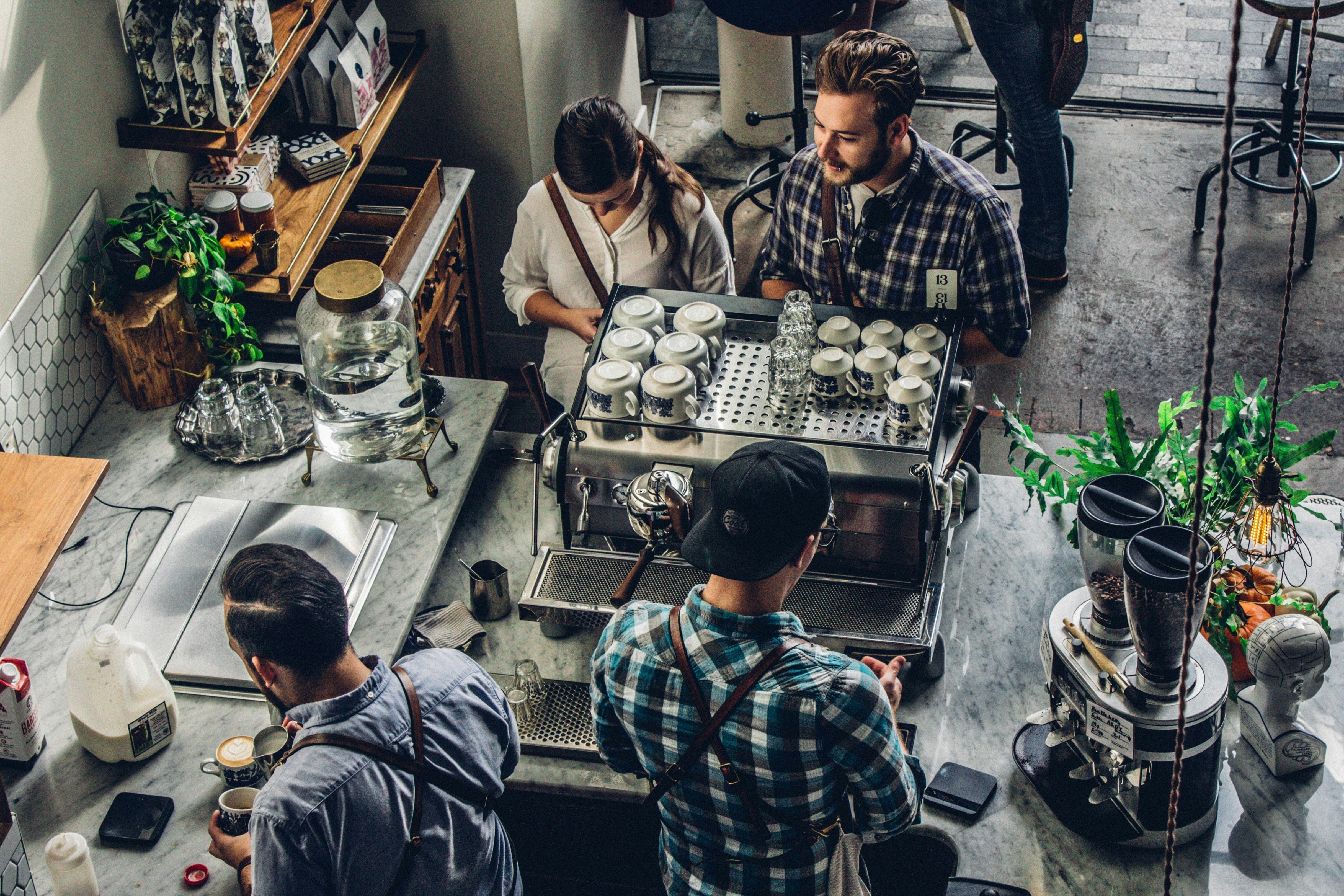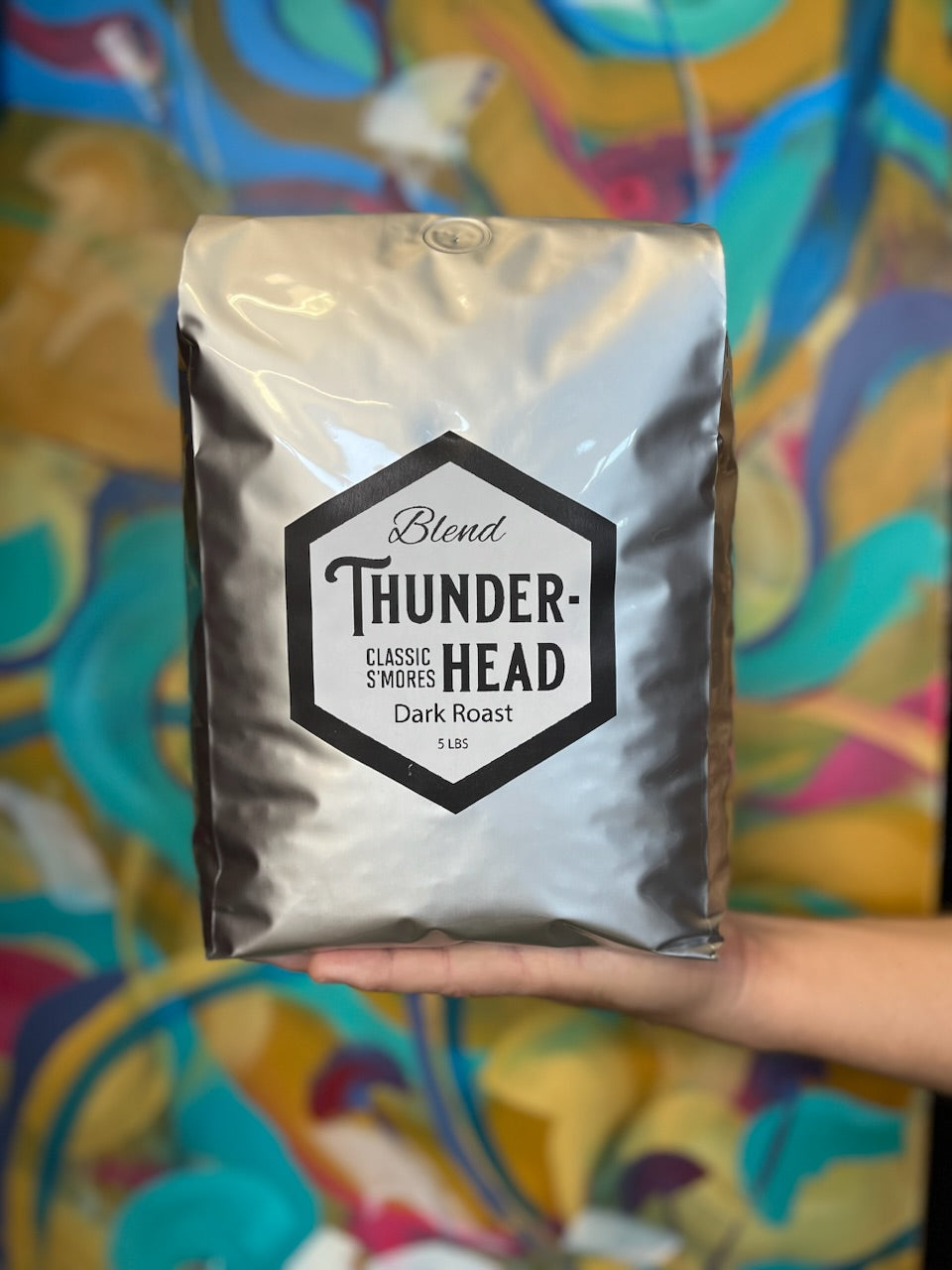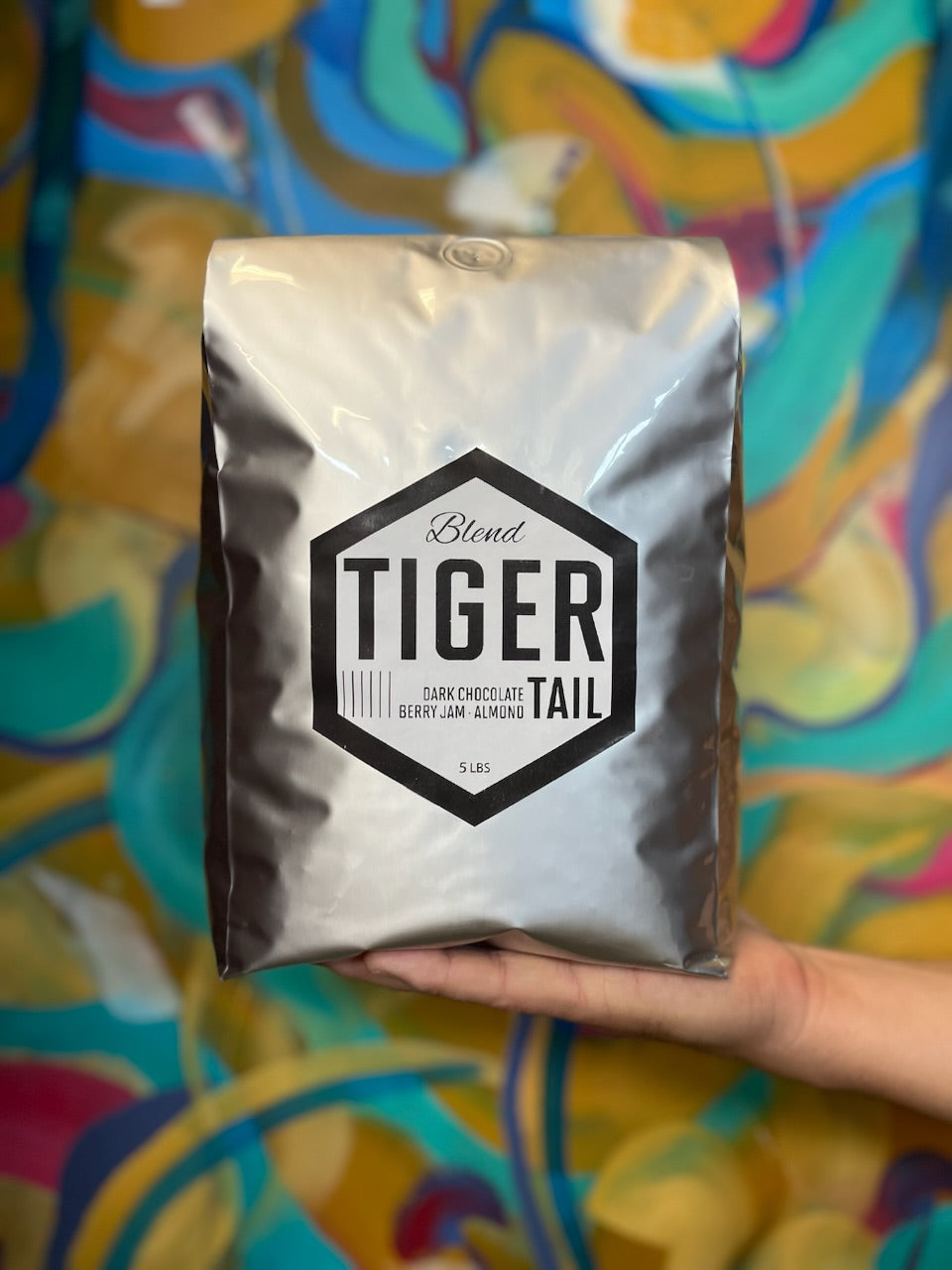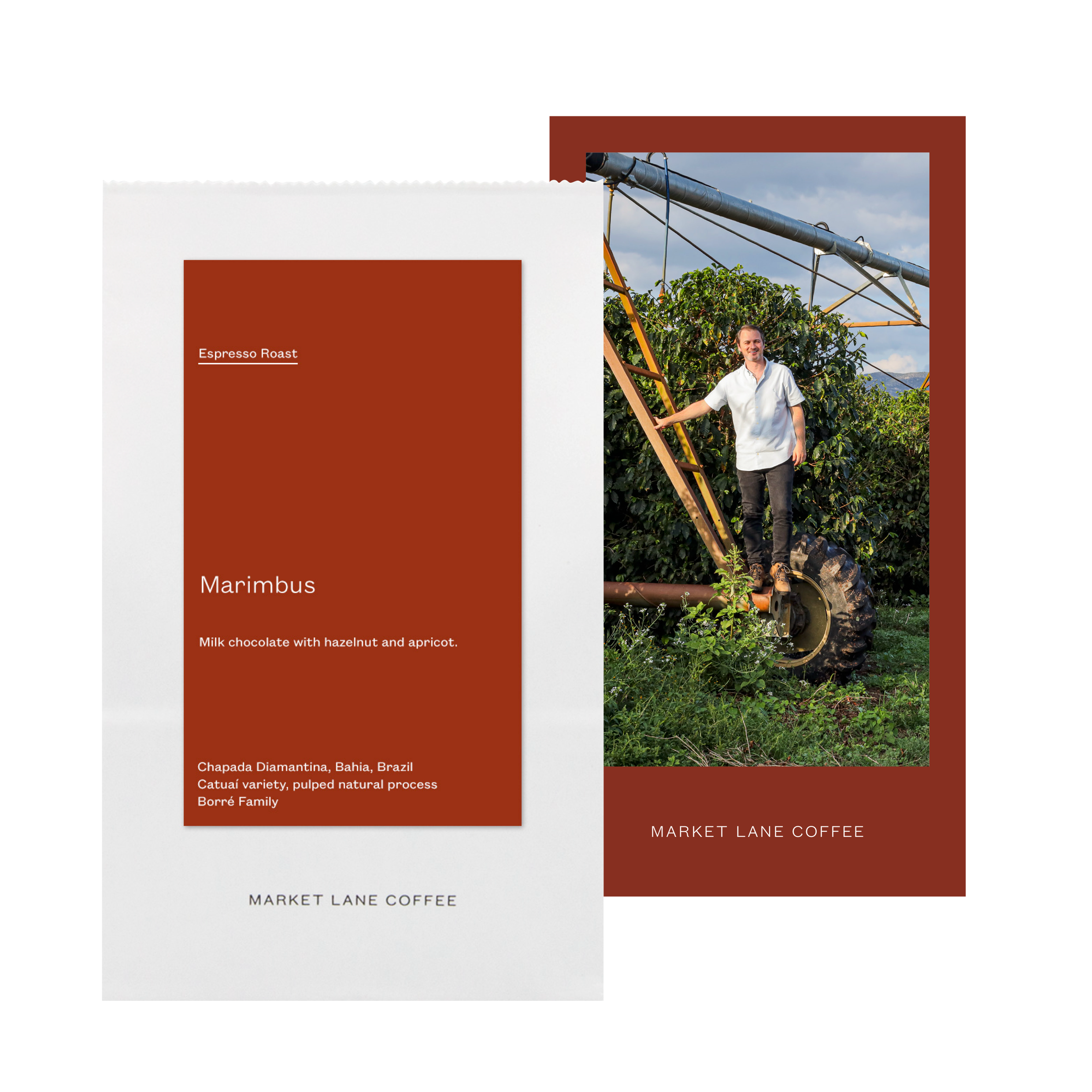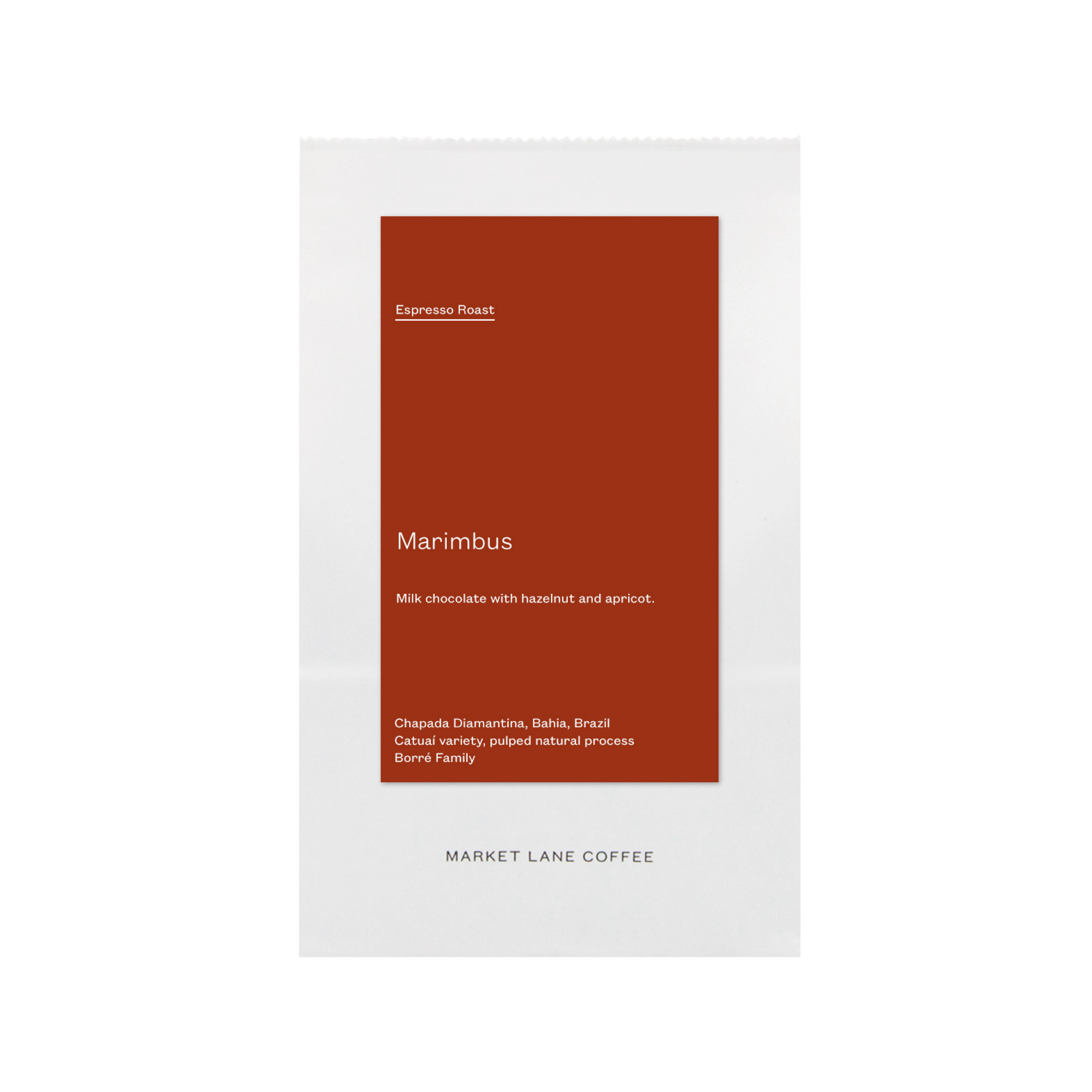The Craft and Culture of Specialty Coffee
A Revolution in Your Cup
In a sunlit café in Portland, Oregon, Emma Chen carefully pours hot water in concentric circles over freshly ground coffee beans from the highlands of Ethiopia. The ritual is precise, almost meditative. As a third-wave coffee shop owner, Chen represents the vanguard of a movement that has transformed how millions of Americans—and coffee drinkers worldwide—experience their daily brew.
"What we're serving isn't just coffee," Chen explains. "It's the culmination of countless decisions made by farmers, processors, importers, roasters, and baristas—all dedicated to bringing out the extraordinary potential in each bean."
This is specialty coffee: a category that has evolved from niche obsession to cultural phenomenon over the past two decades, distinguished by exceptional quality, transparent sourcing, and a devotion to flavor that borders on reverence.
From Commodity to Culinary Art
To understand what makes specialty coffee distinct requires understanding its counterpoint: the commodity coffee that dominated American consumption for generations.
Commodity coffee, the kind that fills supermarket shelves and fast-food urns, is produced for consistency and cost efficiency. It typically blends beans from multiple origins, often prioritizing price and reliability over distinctive flavor characteristics. According to the International Coffee Organization, commodity coffee still represents approximately 85% of global coffee sales, though that percentage has been steadily decreasing.
Specialty coffee, by contrast, represents the upper echelon of quality. The Specialty Coffee Association (SCA) defines it technically as coffee scoring 80 points or above on a 100-point scale by certified evaluators—but its significance extends far beyond numerical ratings.
"The specialty designation fundamentally changed how we value coffee," explains Dr. Lily Rodriguez, agricultural economist at the University of California, Davis. "It shifted the conversation from price per pound to recognizing coffee as a complex agricultural product with terroir, much like wine."
This shift has profound implications. While commodity coffee might sell for less than $1.50 per pound on international markets, exceptional specialty lots can command $100 or more per pound at auction, with record-breaking microlots reaching prices that would have been unimaginable a generation ago.
The Science of Exceptional Flavor
What creates these remarkable price differentials is the extraordinary sensory experience specialty coffee can deliver. Unlike the predictable, often bitter profile of conventional coffee, specialty offerings can present flavors ranging from bright citrus and berries to chocolate, caramel, and even floral notes.
These flavors are not marketing inventions but chemical realities, explains Dr. Molly Cotter, food scientist at Cornell University's Coffee Research Institute. "Coffee contains over 1,000 aroma compounds—more than wine—and specialty coffee's careful production methods preserve these volatile compounds that would otherwise be lost."
The sensory complexity begins with genetics. While commodity coffee relies heavily on disease-resistant, high-yield varieties, specialty producers often cultivate heirloom varieties prized for flavor but more challenging to grow, such as Gesha, SL-28, or Bourbon.
Altitude plays a crucial role as well. The world's most celebrated coffee regions—from Colombia's Huila to Ethiopia's Yirgacheffe—typically sit at elevations above 1,200 meters. At these heights, coffee cherries develop more slowly, allowing sugars and flavor precursors to accumulate in greater concentration.
"Each 100-meter increase in elevation can delay ripening by approximately one week," notes Carlos Mendes, a third-generation coffee farmer from Brazil's Minas Gerais region. "That slower maturation translates directly to cup complexity."
The Human Element: Processing Innovation
Once coffee cherries are harvested, processing methods dramatically influence the final flavor profile. Traditional washed processing, which removes the fruit before drying the beans, typically produces clean, bright flavors that highlight the bean's intrinsic characteristics.
But specialty coffee has embraced experimental approaches. Natural processing, where the entire cherry dries around the bean, can impart fruity, wine-like qualities. Honey processing, which leaves varying amounts of mucilage on the bean during drying, creates distinctive sweetness.
More recently, anaerobic fermentation—where cherries or depulped beans ferment in oxygen-free environments—has pushed flavor boundaries even further.
"We're essentially applying winemaking techniques to coffee," explains Fernanda Quintero, head of quality control at Finca El Paraíso in Colombia. "By controlling variables like fermentation time, temperature, and microbiological activity, we can develop extraordinary flavor complexity."
These processing innovations represent both scientific advancement and artisanal intuition, requiring producers to balance tradition with experimentation.
The Social Contract of Specialty Coffee
Perhaps the most significant distinction of specialty coffee lies not in its taste but in its approach to trade relationships. While commodity coffee often involves multiple intermediaries between farmer and consumer, specialty coffee has pioneered more direct connections.
"Direct trade isn't just marketing—it's a different economic model," says James Hoffmann, World Barista Champion and author of "The World Atlas of Coffee." "When roasters develop long-term relationships with producers, paying significantly above commodity prices, it creates stability that enables quality-focused farming."
Research bears this out. A 2022 study by the Center for Global Development found that farmers in direct trade relationships earned an average of 63% more than those selling through conventional channels. This premium enables investments in better processing equipment, quality control labs, and sustainable farming practices.
For consumers, this translates to transparency. Leading specialty roasters now commonly share not just country of origin but specific farm names, producer biographies, processing methods, and prices paid—information completely absent in conventional coffee sales.
The Environmental Imperative
The environmental dimensions of specialty coffee have become increasingly central to its identity. Coffee cultivation faces severe threats from climate change, with some studies projecting that up to 50% of current coffee-growing land may become unsuitable by 2050.
Specialty coffee's higher price points have enabled many producers to adopt more sustainable practices. Shade-grown coffee, which preserves tree canopy and biodiversity, is substantially more common in specialty operations. Water-efficient processing methods and organic cultivation practices have similarly gained traction.
"The best specialty coffee operations function as comprehensive ecological systems," explains Dr. Timothy Killeen, tropical ecologist and author of "Coffee Landscapes." "When managed properly, they can serve as critical buffer zones around protected forests and provide habitat corridors for migratory species."
Consumers are increasingly seeking these environmental credentials. According to the SCA's 2023 Consumer Trends Report, 68% of specialty coffee drinkers cited environmental sustainability as "important" or "very important" to their purchasing decisions.
The Democratization of Connoisseurship
What began as a movement among coffee professionals has steadily democratized, spreading sophisticated appreciation to everyday consumers. Independent specialty cafés have expanded from urban centers to suburban and rural communities. Subscription services deliver freshly roasted beans nationwide, often accompanied by detailed origin information and brewing guides.
Home brewing equipment once found only in professional settings—precision grinders, temperature-controlled kettles, refractometers to measure extraction—has become increasingly accessible. YouTube channels dedicated to coffee techniques regularly attract millions of viewers.
This democratization reflects broader culinary trends. "The same forces that transformed American attitudes toward food—emphasis on provenance, craft production, and flavor complexity—have reshaped coffee culture," explains food historian Sarah Lohman. "Specialty coffee represents a rejection of industrial uniformity in favor of diversity and distinctiveness."
The Future in Your Cup
As specialty coffee continues to evolve, several trends are emerging. Climate adaptation is paramount, with producers experimenting with drought-resistant varieties and innovative shade systems. Processing innovations continue to expand flavor possibilities. Digital technologies are strengthening connections between consumers and remote coffee communities.
Most significantly, specialty coffee is becoming more inclusive. Initiatives like the Partnership for Gender Equity and the Coffee Coalition for Racial Equity are addressing historical inequities in the industry. New consumer-facing businesses owned by people from traditional coffee-growing regions are challenging colonial power dynamics that have long characterized the trade.
"The next frontier is ensuring that the benefits of specialty coffee are more equitably distributed," says Phyllis Johnson, founder of BD Imports and a leading voice for inclusion in the coffee industry. "The question isn't just whether coffee tastes exceptional but whether it creates exceptional opportunities for everyone in the value chain."
As you sip your next carefully crafted pour-over or espresso, remember that specialty coffee represents more than a flavor profile. It embodies a reimagining of one of the world's most traded commodities—a vision that values quality over quantity, relationships over transactions, and sustainability over expedience.
In an era when many agricultural products remain anonymous commodities, specialty coffee offers something different: a cup that connects you to specific landscapes, dedicated producers, and a global community united by the pursuit of excellence.

Frequently Asked Questions
What objective criteria define specialty coffee?
Specialty coffee must score at least 80 points on the SCA's 100-point scale, evaluated by certified Q-graders who assess attributes including aroma, flavor, acidity, body, balance, and aftertaste. The coffee must also be free of primary defects and have minimal secondary defects. Beyond these technical requirements, specialty coffee typically involves traceability to specific farms or cooperatives and careful attention to every stage from cultivation through brewing.
How significant are altitude and varietal selection to coffee quality?
Research indicates that higher altitudes (typically 1,200-2,100 meters) significantly impact flavor development due to temperature fluctuations and slower maturation. Bean varieties also profoundly influence flavor, with heirloom varieties like Gesha, SL-28, and Bourbon often producing more complex cup profiles than higher-yielding hybrids. Both factors interact with local soil conditions, creating the concept of "terroir" in coffee.
What makes direct trade relationships valuable beyond marketing?
Direct trade creates price stability that enables long-term quality investments. Studies show farmers in direct relationships earn 40-80% above conventional market rates. These relationships facilitate knowledge exchange, with roasters providing quality feedback and producers sharing cultivation insights. For consumers, direct trade offers unprecedented transparency about farming practices and price structures throughout the supply chain.
How can consumers support sustainability in specialty coffee?
Consumers can support sustainability by: choosing coffee from roasters who provide transparent information about their sourcing practices; looking for certifications like Rainforest Alliance, Bird Friendly, or organic when applicable; purchasing coffee from regions facing environmental pressures to support continued cultivation; properly storing coffee to reduce waste; and advocating for climate initiatives that protect coffee-growing regions.
Is specialty coffee inherently more ethical than conventional coffee?
While specialty coffee often involves practices that benefit producers and environments more than conventional supply chains, the "specialty" designation itself only guarantees quality, not ethical standards. Consumers concerned about social and environmental impacts should look beyond the specialty label to specific information about trading practices, certifications, and company values.

